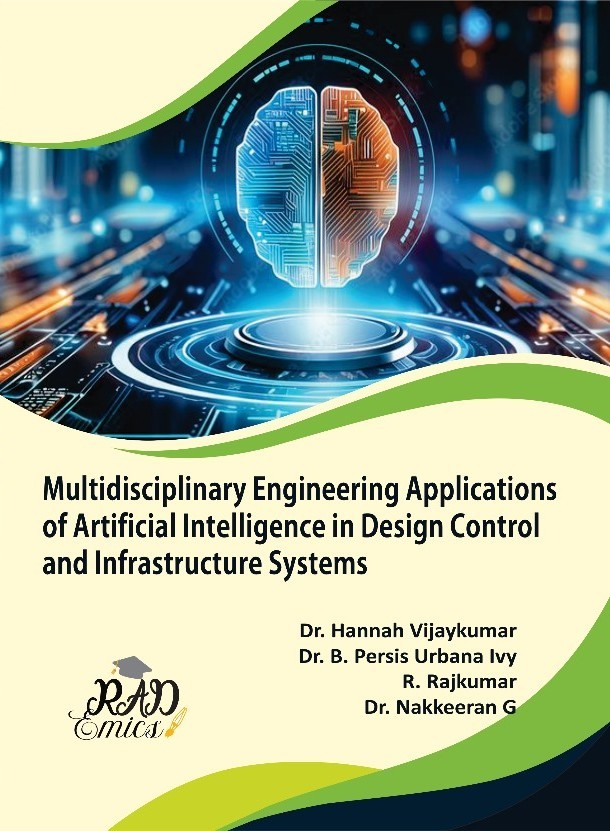
Author Name : Anuja D, Rupali Rajaram Bathe, Mohite Madhavi Abhijit
Copyright: ©2025 | Pages: 35
DOI: 10.71443/9789349552609-11
Received: 25/04/2025 Accepted: 20/05/2025 Published: 06/09/2025
The increasing complexity, cost, and attrition in drug development have necessitated the adoption of advanced computational strategies to enhance efficiency and reduce clinical failure rates. Artificial intelligence (AI) has emerged as a transformative tool in drug repurposing and predictive pharmacokinetics, enabling systematic analysis of high-dimensional biomedical, chemical, and clinical data. AI-driven approaches facilitate the identification of novel therapeutic indications for existing compounds, optimize pharmacokinetic predictions, and support decision-making in early-phase clinical trials. Machine learning, deep learning, and generative models such as Generative Adversarial Networks (GANs) allow exploration of vast chemical and biological spaces, proposing candidates with improved efficacy and safety profiles. Data quality, preprocessing, and feature engineering are critical to ensuring the reliability and interpretability of AI predictions, while integration with multi-modal datasets enhances translational relevance. Furthermore, AI frameworks can inform adaptive trial designs, patient stratification, and real-time safety monitoring, accelerating the clinical translation of repurposed drugs. Despite these advancements, challenges related to model interpretability, regulatory compliance, and ethical considerations persist, necessitating rigorous validation and standardized methodologies. This chapter provides a comprehensive overview of AI-guided drug repurposing and predictive pharmacokinetics, highlighting computational strategies, real-world applications, and future directions aimed at enhancing the efficiency, safety, and success of early-phase clinical trials.
Drug discovery and development are inherently complex, resource-intensive, and time-consuming processes [1]. Traditional pipelines often require more than a decade to bring a new compound from initial discovery to regulatory approval, with estimated costs exceeding billions of dollars per approved drug [2]. A significant proportion of investigational compounds fail during early-phase clinical trials due to unforeseen toxicity, inadequate pharmacokinetics, or lack of therapeutic efficacy [3]. These high attrition rates not only inflate development costs but also delay access to potentially life-saving treatments for patients [4]. Early-phase clinical trials, including Phase I and Phase II studies, are pivotal in determining safety, tolerability, and pharmacokinetic properties, yet they remain constrained by limited patient populations and interindividual variability. This landscape highlights the necessity of innovative strategies that can efficiently predict drug performance, optimize trial design, and accelerate clinical translation, thereby addressing long-standing inefficiencies in drug development [5].
Artificial intelligence (AI) has emerged as a transformative technology capable of addressing these challenges by analyzing large-scale, multidimensional biomedical, chemical, and clinical datasets [6]. AI-based methodologies, including machine learning, deep learning, and network-driven approaches, provide the ability to identify hidden patterns and relationships that are not readily apparent through conventional experimental techniques [7]. Drug repurposing, in particular, has benefited from AI-driven approaches, as computational models can systematically explore existing chemical libraries to uncover novel therapeutic indications [8]. This strategy reduces development timelines by leveraging pre-existing safety and pharmacokinetic data, thereby mitigating clinical and regulatory risk [9]. Advanced AI algorithms can evaluate drug-target interactions, predict off-target effects, and prioritize candidates for experimental validation, enabling a data-driven framework for repurposing existing compounds for emerging or unmet clinical needs [10].